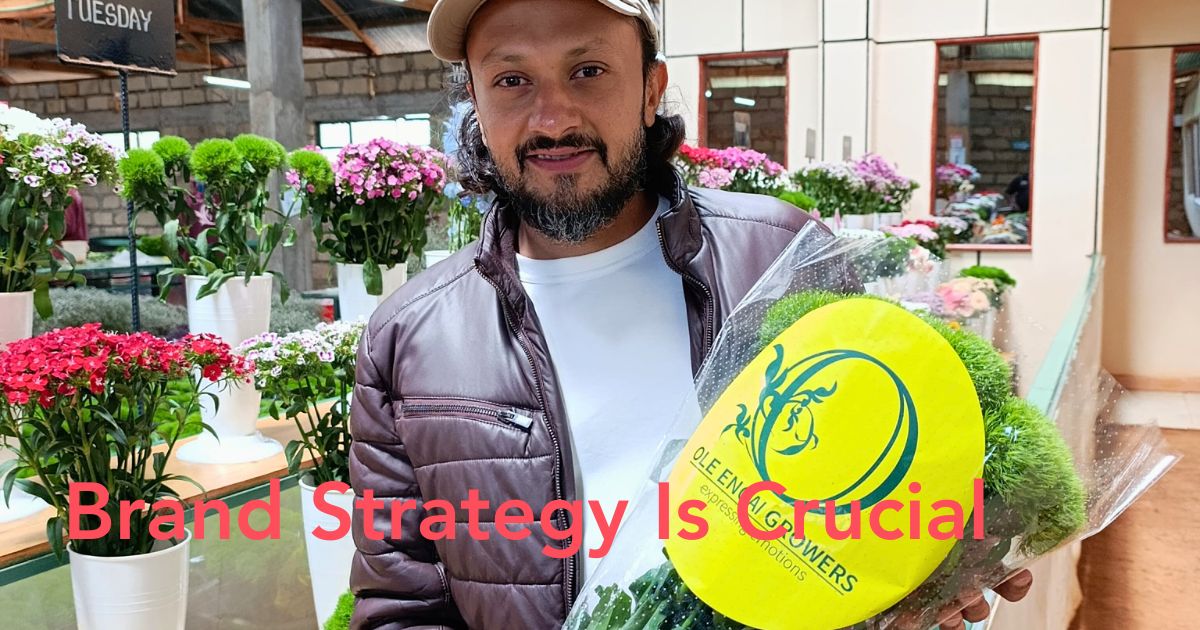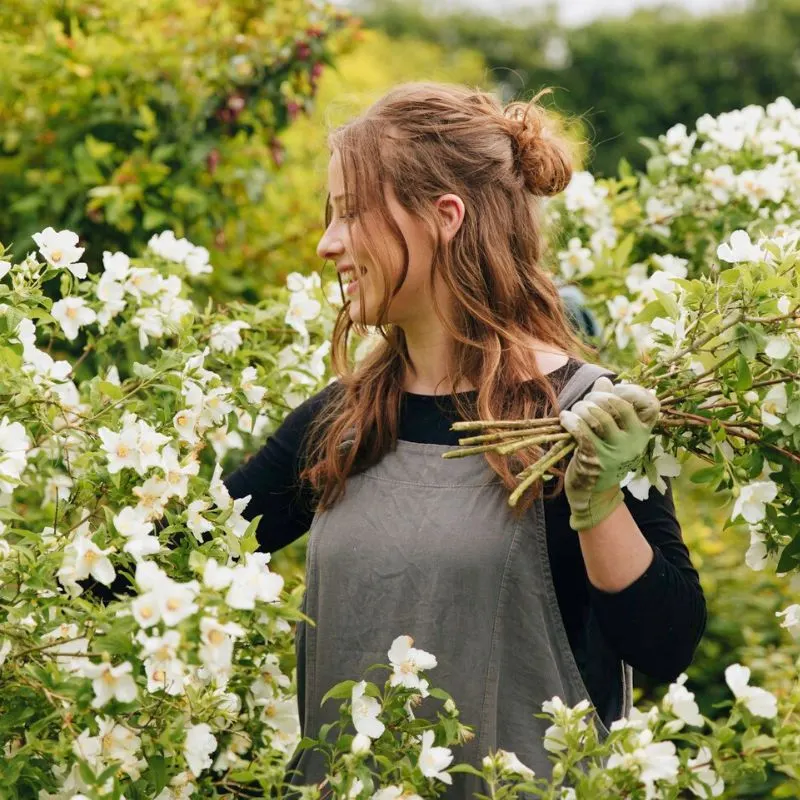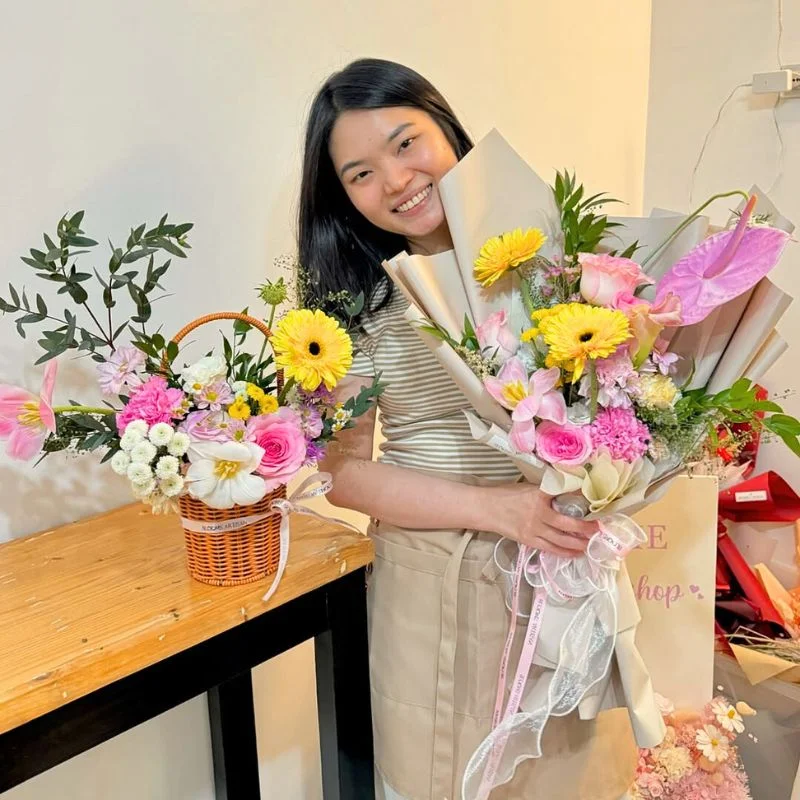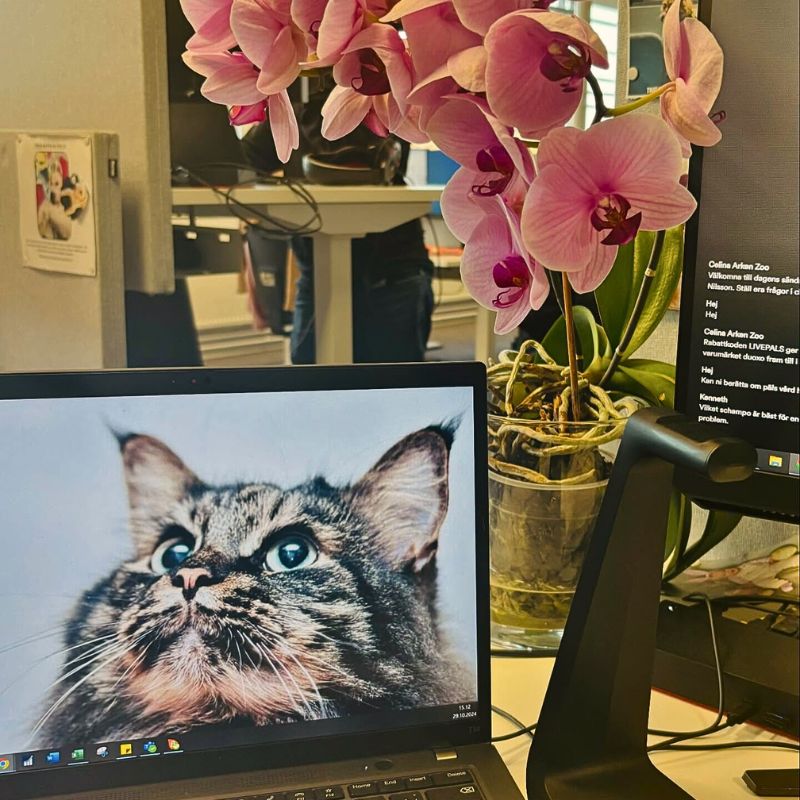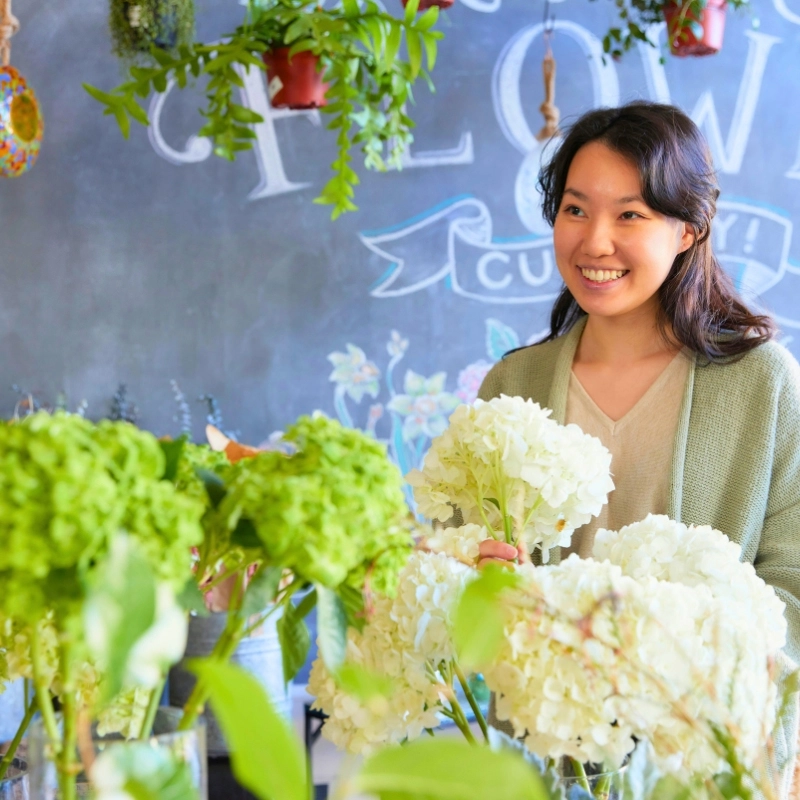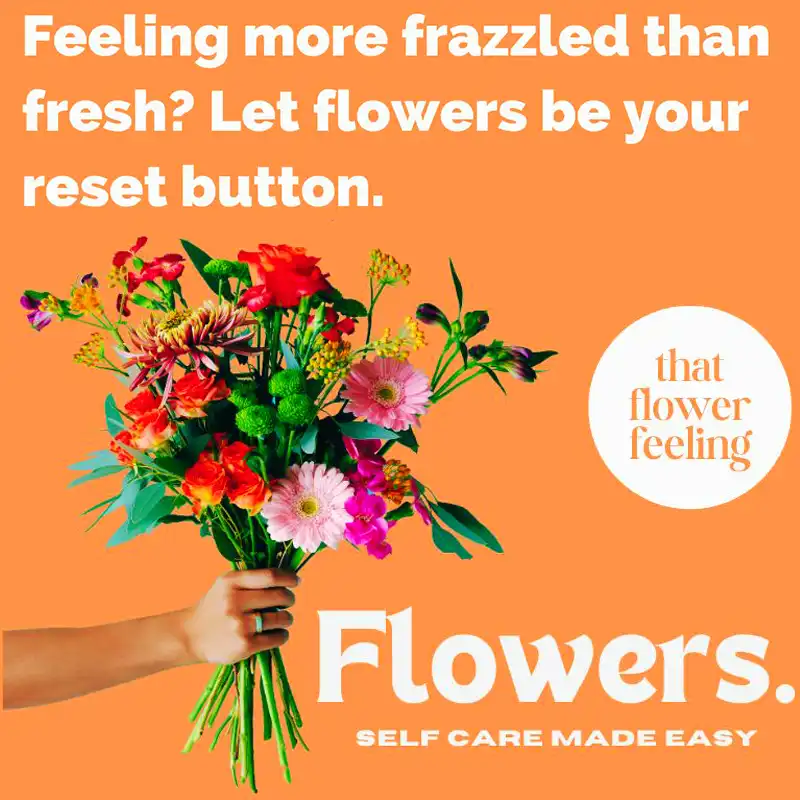After visiting several flower farms across Kenya and Ethiopia in recent months, one thing became undeniably clear: many growers are so focused on production, sales, and margins that they completely overlook one key area—marketing.
Marketing isn’t viewed as a strategic function. It’s often an afterthought, if it’s considered at all. And yet, in a market that’s shifting faster than ever, this mindset is no longer sustainable.
Growing Good Flowers Is No Longer Enough
Let’s face it—almost everyone in the business today is producing high-quality flowers. Good stems, proper grading, impeccable packaging, consistent post-harvest handling—that’s the baseline. But when every farm is offering more or less the same product, the question becomes: What sets you apart?
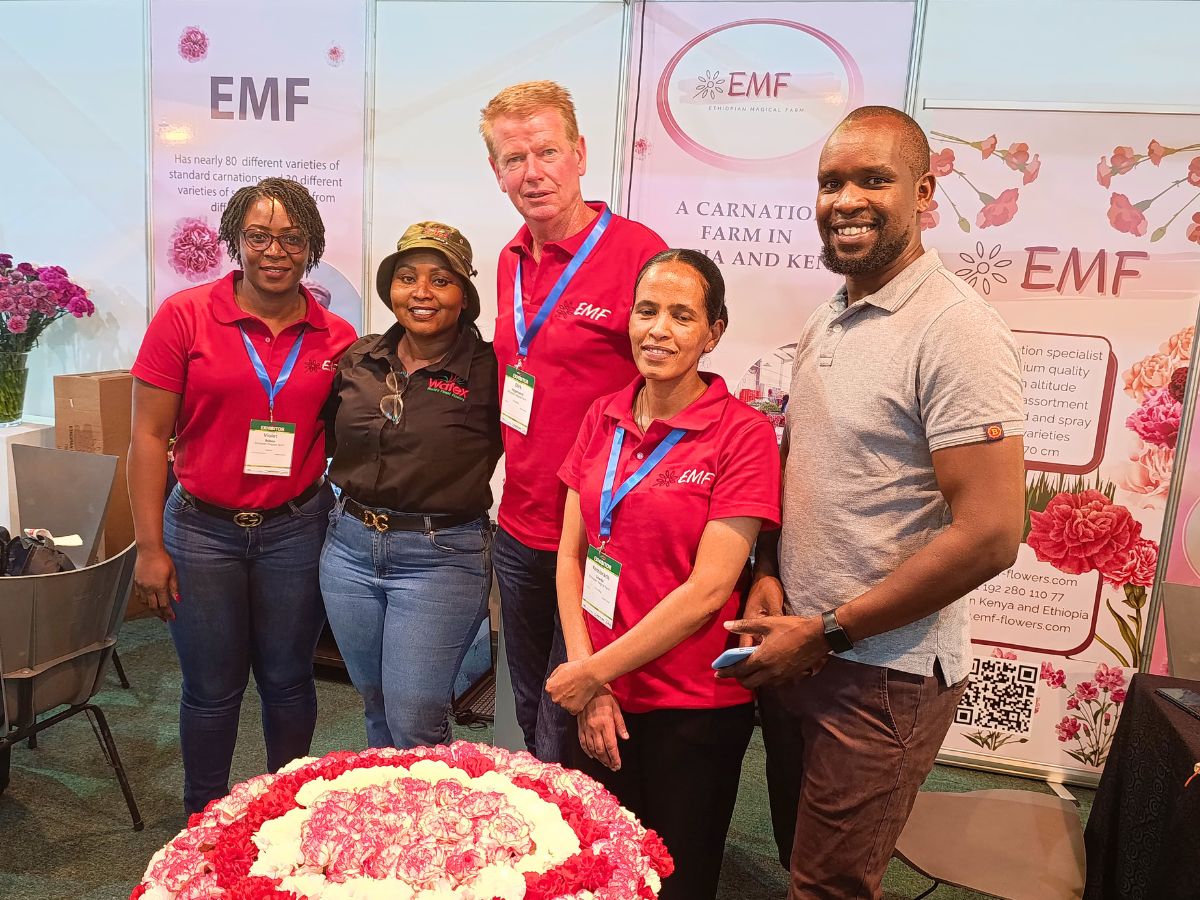
The answer lies in brand identity, storytelling, positioning, and communication. These are the cornerstones of marketing, and most growers are not investing in them. Instead, they rely on reactive strategies, waiting for the next market demand to hit before scrambling for a solution.
One good example is the rise of sustainability expectations. When the market suddenly demanded transparency, traceability, and proof of sustainable practices, many farms were caught unprepared. Not because they weren’t doing anything, but because they had never communicated it. Yet, this is still an issue; perhaps proactively communicate about your sustainable initiatives, start today!
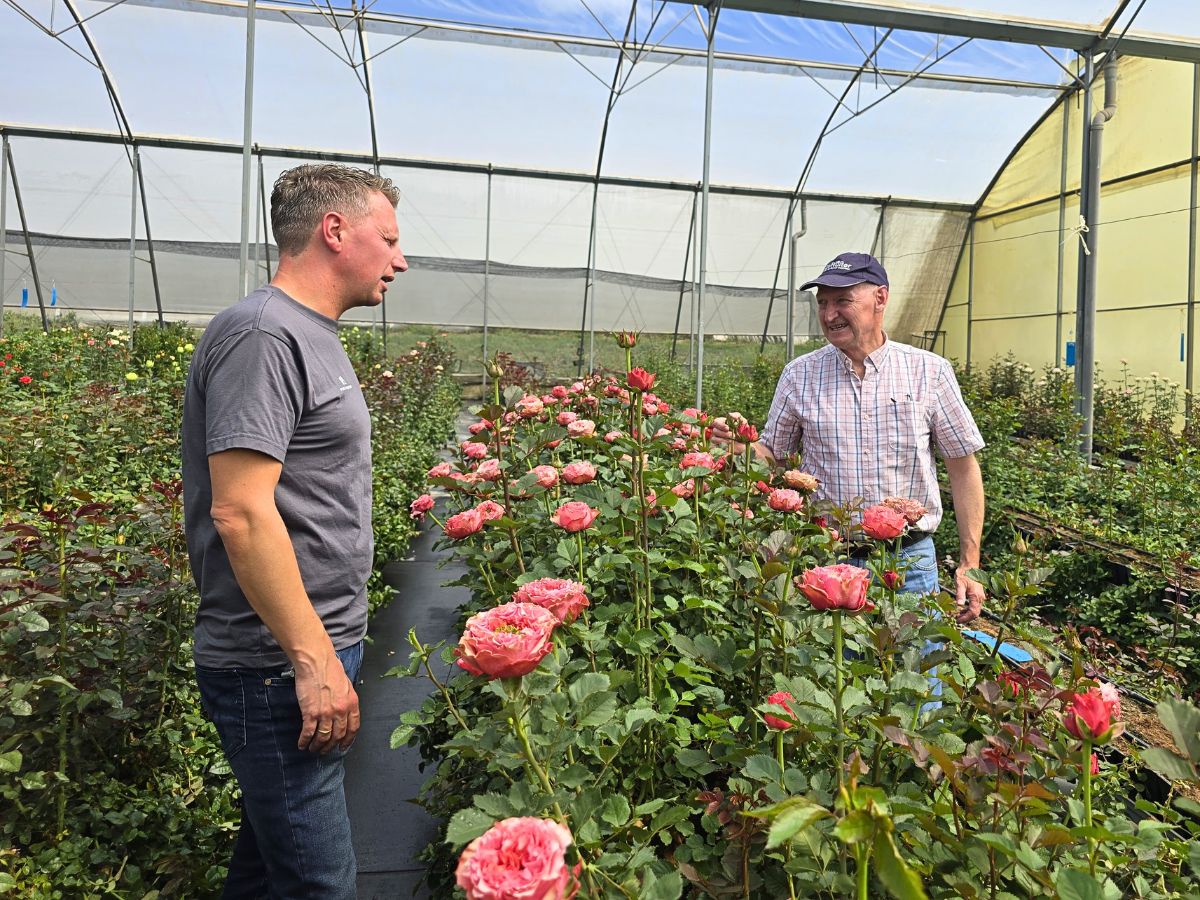
Had they proactively shared their sustainability journeys—whether it was about renewable energy, water recycling, or ethical labor practices—they would have been ahead of the curve. Instead, they were left explaining and justifying what could have been a selling point.
Marketing Is Not Just a Cost—It’s a Value Multiplier
Many growers view marketing as a non-essential expense, something to cut when margins are tight. But marketing, when done well, is not a cost center. It’s a value multiplier.
It opens doors to new clients, improves trust and loyalty, builds brand equity, and even allows for price differentiation. A buyer is more likely to pay a premium for a rose from a brand they recognize, trust, and resonate with.
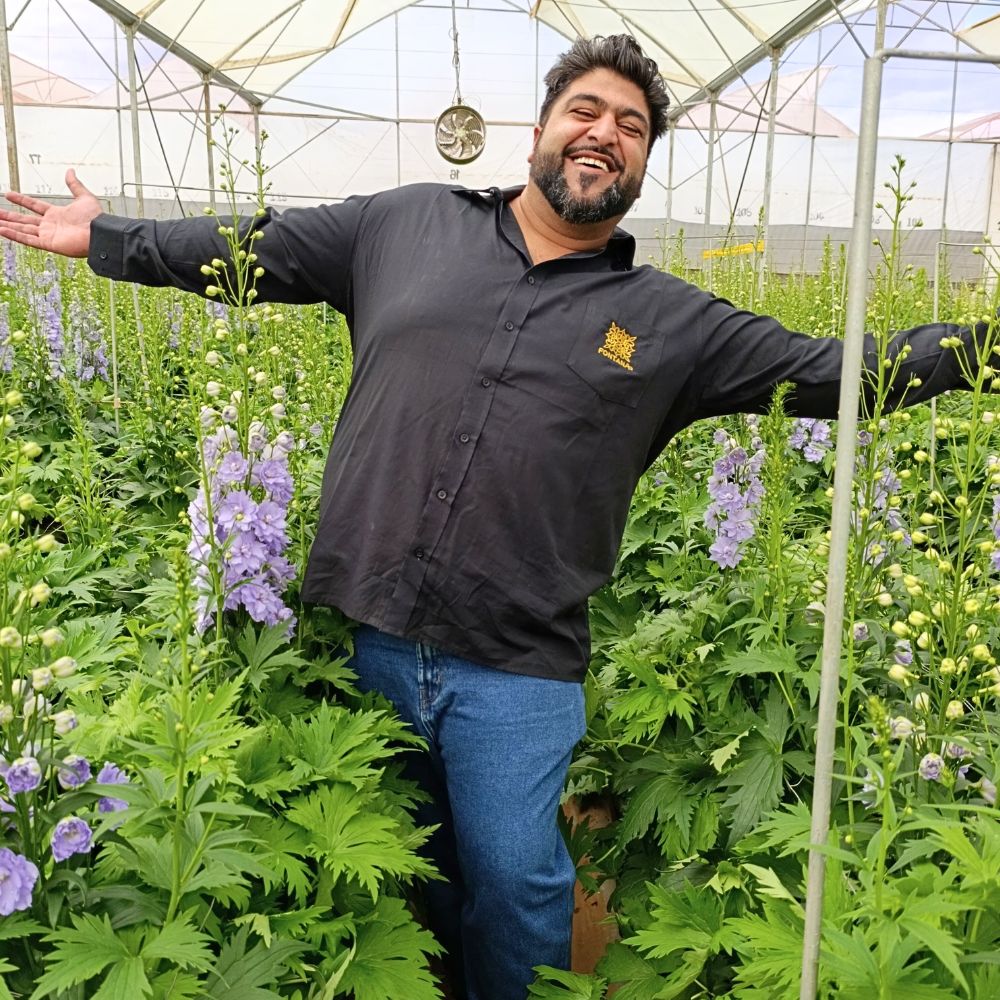
This doesn’t mean every farm needs a fancy website or daily Instagram posts. But it does mean being intentional about how the farm is perceived—whether by clients, partners, or the broader industry. Your farm has a story. It has people. It has values. If you don’t tell that story, no one else will. And if you wait until you’re forced to tell it, it might be too late.
It's Time to Get Proactive
Marketing should be embedded in a farm’s long-term strategy. That means allocating a consistent budget for brand development, hiring or partnering with people who understand floral marketing, and integrating communication into everyday operations.
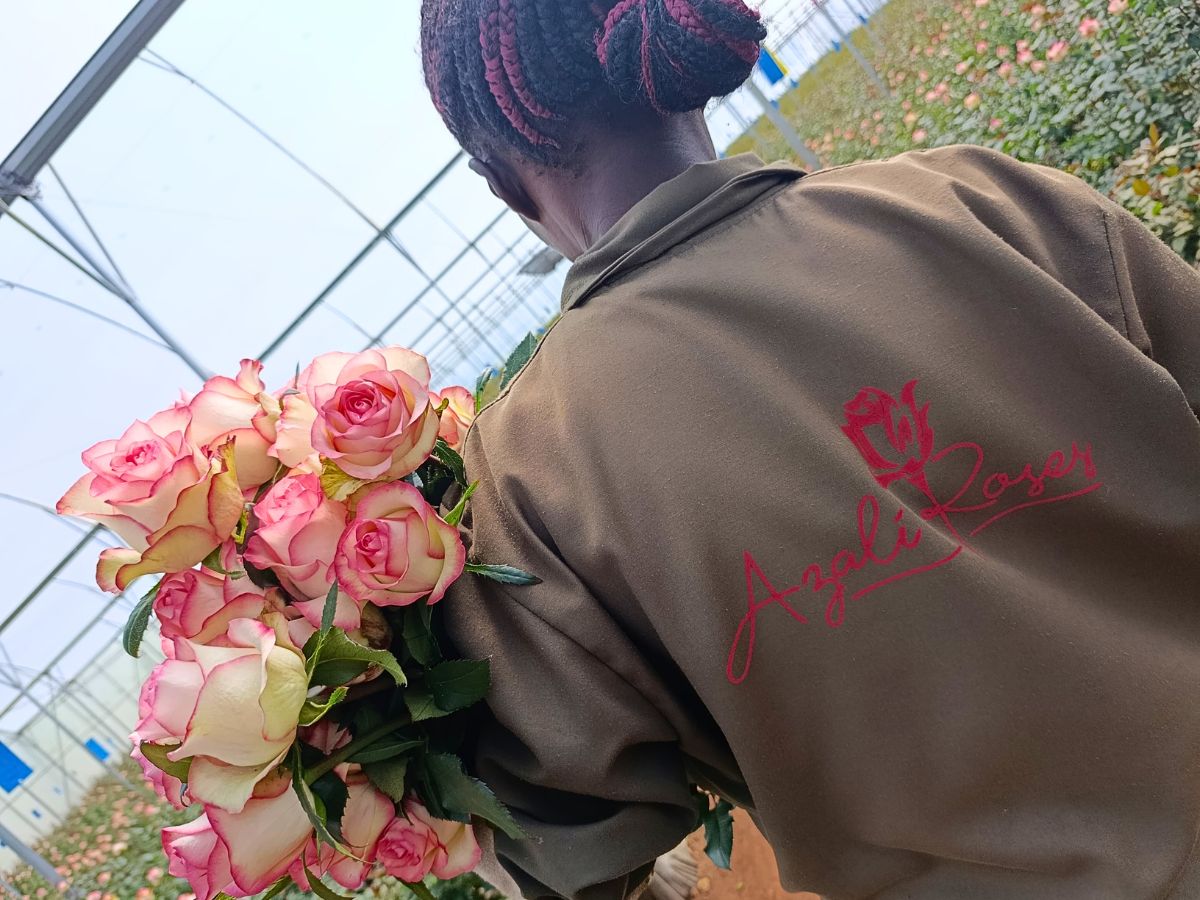
Instead of waiting for the market to push you into the next urgent compliance or trend, imagine being the grower who leads that conversation. The one who sets the standard instead of scrambling to meet it.
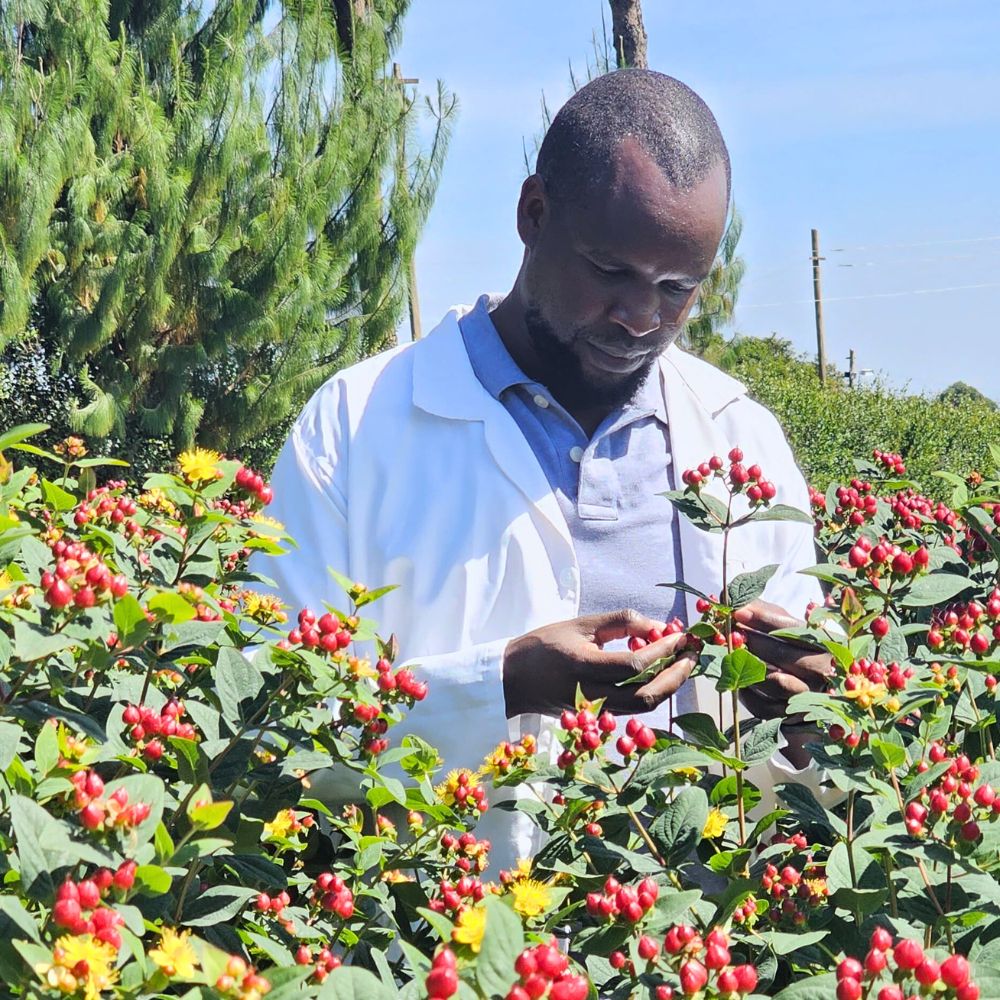
To all the growers reading this: you already produce quality. You already run complex, demanding operations. Don’t let all that value stay invisible.
The industry is moving. Buyers are evolving. If you want to build a brand that stands the test of time, marketing can’t be something you think about later. It must become part of how you grow—not just your flowers, but your future.
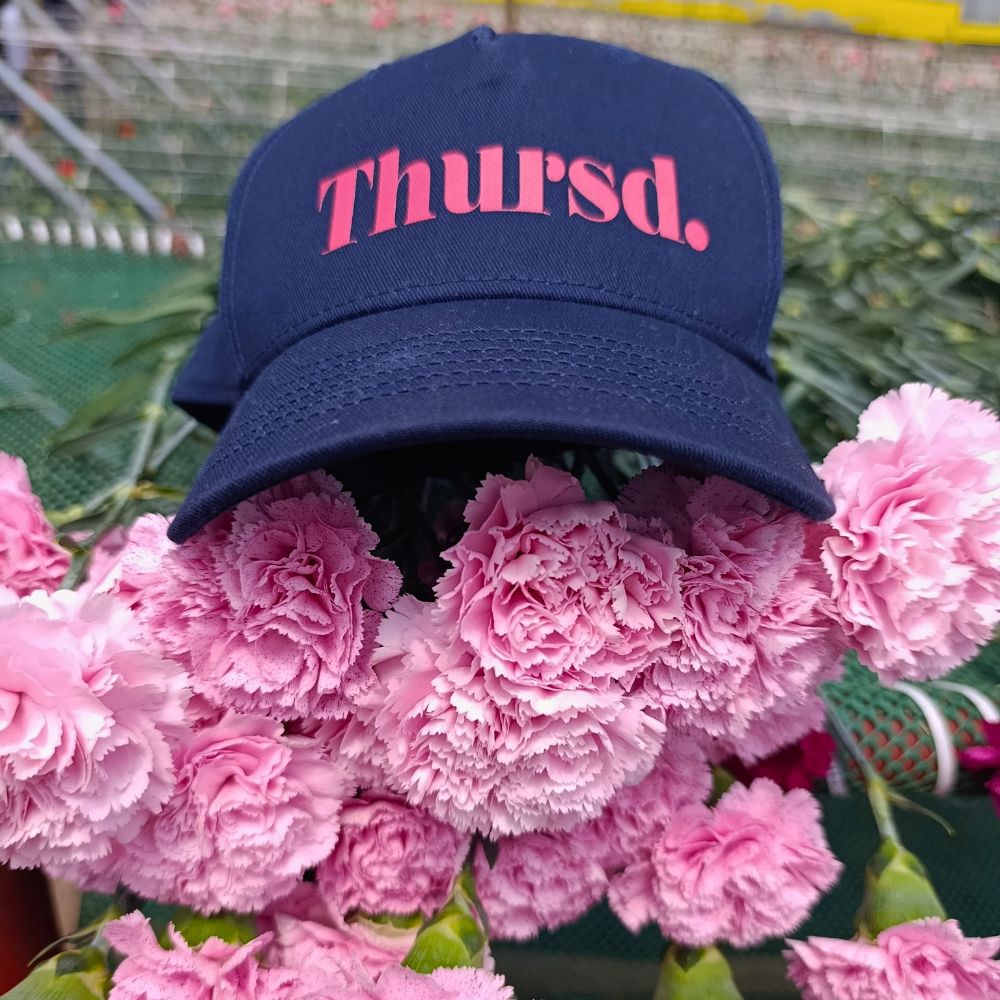
Through Thursd, I’d like to help you get started. I can work with you to develop a marketing strategy that’s true to your brand values and vision—one that gives you a head start in telling your story, building visibility, and ultimately conquering your market.

